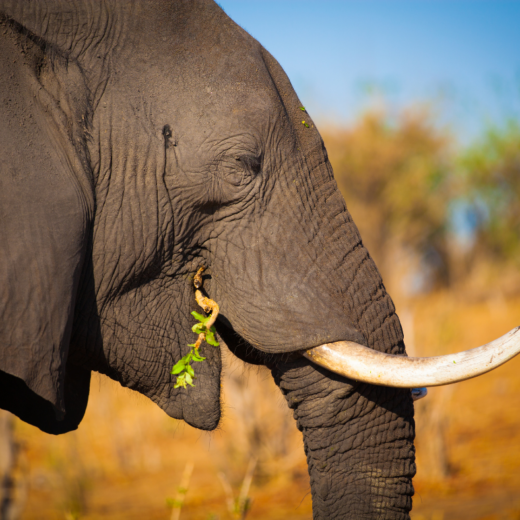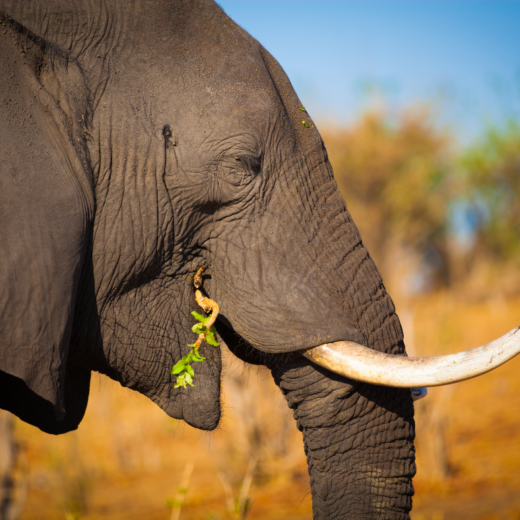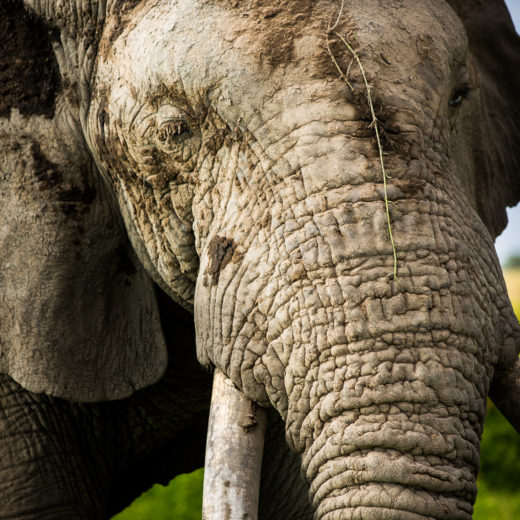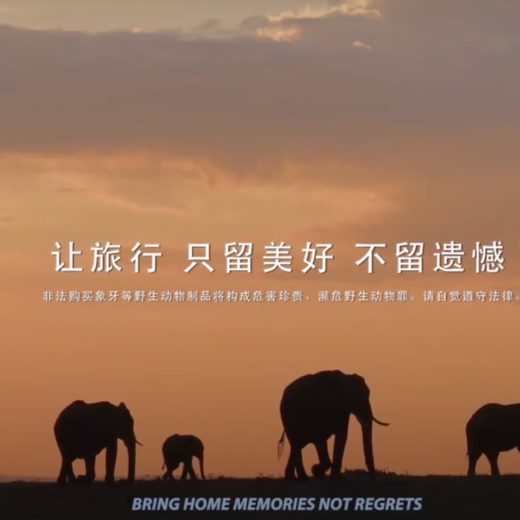
WildAid welcomes the reintroduction of a bipartisan bill to combat the trade of illegal wildlife and seafood products. The “Wildlife Conservation and Anti-Trafficking Act” was introduced today by Reps. John Garamendi (D-Davis, Fairfield, Yuba City) and Don Young (R-AK).
“The United States is one of the largest illegal wildlife markets in the world,” said WildAid CEO Peter Knights. “By treating wildlife traffickers as organized criminals and providing stronger incentives for whistleblowers, this bill adds fangs in the fight against wildlife crime.”
Among other things, the bill provides monetary incentives for whistleblowers to provide intelligence on global wildlife trafficking rings and allows serious violations to be prosecuted under federal racketeering and anti-organized crime laws (RICO and Travel Acts).
“Poachers, traffickers, and transnational criminal organizations responsible for human rights abuses are driving iconic wildlife to extinction around the world,” said Garamendi. “Our bipartisan bill advances American leadership in tackling the global wildlife trafficking and poaching crisis at no cost to the American taxpayer.”
Specifically, the bipartisan bill would:
- Direct federal agencies to implement authority provided by current law to reward whistleblowers for wildlife crimes like trafficking, poaching, and black-market imports.
- Authorize the U.S. Fish and Wildlife Service to station law enforcement officials and agency personnel abroad in high-intensity wildlife trafficking areas, as embeds in U.S embassies and consulates.
- Direct any penalties, fines, forfeitures, and restitution paid to the U.S. government for criminal violations of the federal organized crime, racketeering, and money laundering statutes to support wildlife conservation efforts, at no expense to taxpayers.
- Improve the Great Ape and Marine Turtle Conservation Funds, administered by the U.S. Fish and Wildlife Service.
- Make serious violations for illegal, unreported and unregulated (IUU) fishing by foreign vessels or fraudulent seafood imports into the United States a predicate offense under the federal money laundering criminal law. According to the U.S. State Department, IUU fishing often goes hand-in-hand with transnational organized crime, human rights abuses such as human trafficking and forced labor, and weapons and drug trafficking.
Roughly 80 percent of Americans polled consider themselves wildlife lovers or conservationists, according to a 2016 WildAid survey. Yet, four out of five say they know little or nothing about wildlife trafficking.
In December WildAid launched a campaign with the Association of Zoos & Aquariums (AZA) to educate children and families about the illegal wildlife trade. More than 13 AZA-accredited zoos and aquariums across the U.S. are hosting a series of video messages, billboards, and posters featuring DreamWorks’ Kung Fu Panda’s Master Po Ping.
The protagonist of DreamWorks’ Kung Fu Panda franchise proclaims, “poaching steals from us all,” as he helps defend elephants who are killed for their ivory, rhinos for their horns, lions, and tigers for their bones and skins, and pangolins for their meat and scales.
The Wildlife Conservation and Anti-Trafficking Act currently awaits action by the House Natural Resources and Judiciary Committees.
Stay in touch and get the latest WildAid updates.
SIGN UPAbout WildAid
WildAid is a non-profit organization with a mission to protect wildlife from illegal trade and other imminent threats. While most wildlife conservation groups focus on protecting animals from poaching, WildAid primarily works to reduce global consumption of wildlife products such as elephant ivory, rhino horn and shark fin soup. With an unrivaled portfolio of celebrity ambassadors and a global network of media partners, WildAid leverages more than $308 million in annual pro-bono media support with a simple message: When the Buying Stops, the Killing Can Too.
Journalists on deadline may email communications@wildaid.org





